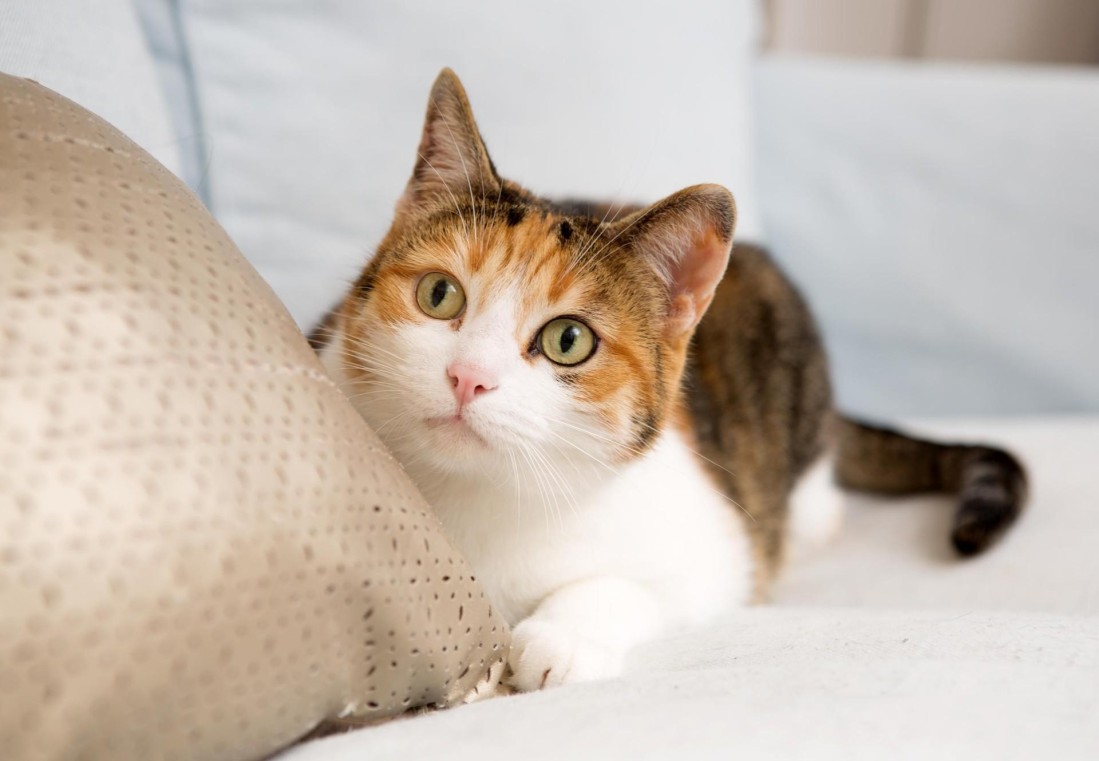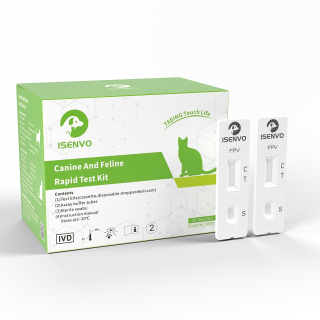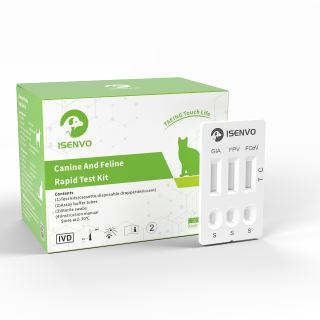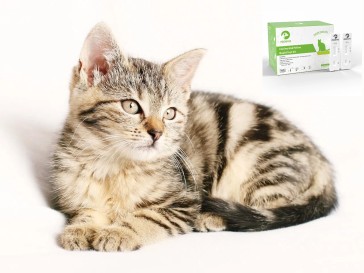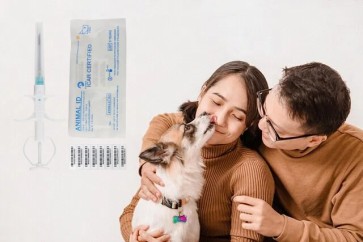Feline Panleukopenia Virus (FPV), also known as feline distemper, is a highly contagious viral disease affecting cats' immune and gastrointestinal systems. While vaccination has significantly reduced its prevalence, FPV can still cause severe illness, especially in kittens and unvaccinated cats. Quick detection and intervention are crucial to managing this potentially life-threatening infection.
In this article, we’ll explain what FPV is, how it spreads, signs to watch for, and how cat owners can conveniently detect the virus early using the TAEING 10x FPV Home Test Kits.
What Is Feline Panleukopenia Virus?
Feline Panleukopenia Virus is a parvovirus that attacks rapidly dividing cells in a cat’s body, particularly those in the intestines, bone marrow, and lymph nodes. It is different from the canine parvovirus but just as dangerous to felines. Infection leads to severe gastrointestinal symptoms and a weakened immune response.
Key facts:
Infects the gastrointestinal tract and immune cells
Highly contagious among cats, especially in shelters and multi-cat environments
Transmitted through contact with contaminated feces, bodily fluids, or surfaces
How Does FPV Spread?
The virus spreads primarily through:
Direct contact with infected feces or vomit
Contaminated food bowls, litter boxes, bedding, or grooming tools
Shared environments like shelters, catteries, or multi-cat households
FPV is highly resilient and can survive in the environment for months, making disinfection and early diagnosis critical to control.
Symptoms of Feline Panleukopenia Virus
Common signs of FPV include:
Severe diarrhea, often bloody
Vomiting
Loss of appetite and rapid weight loss
Lethargy and dehydration
Fever
Sudden death in severe cases, especially kittens
Because these symptoms can overlap with other infections, it’s vital to confirm FPV early to start supportive care promptly.
Why Early Detection Matters
Timely identification of FPV allows you to:
Implement isolation to prevent virus spread
Begin supportive treatments such as fluid therapy and nutritional support
Avoid severe complications including secondary infections
Seek veterinary care promptly for professional management
At-home testing provides a valuable first step in early detection.
Convenient and Reliable: TAEING 10x FPV Home Test Kits
The TAEING Feline Panleukopenia Virus (FPV) Ag Test Kit is designed for rapid and accurate detection of FPV antigens in cats' feces—ideal for home or clinical use.
Product Highlights:
Lateral flow immunochromatographic assay for qualitative antigen detection
Detects FPV, feline panleukopenia virus, and feline coronavirus (FCoV)
Results ready within 10 minutes
Includes 10 test kits per pack, each with test cassette, buffer, dropper, and swab
Easy-to-use with clear visual results
Recommended by veterinarians for fast screening
Suitable for both clinical and home environments
How to Use the TAEING FPV Test Kit
Collect a fecal sample using the swab provided.
Mix the sample with the buffer liquid in the sample tube.
Apply several drops of the mixture onto the test cassette.
Wait 5 to 10 minutes for results to appear.
The presence of visible lines indicates a positive or negative result, making interpretation straightforward.
What to Do If Your Cat Tests Positive
While there is no direct antiviral treatment, supportive care is critical:
Provide hydration through fluids (oral or intravenous if needed)
Offer easily digestible, nutritious food
Isolate your cat to prevent spreading the virus
Contact your veterinarian immediately for further guidance and monitoring
Prevention Tips
To protect your cat from FPV:
Ensure timely vaccination, especially for kittens
Maintain strict hygiene and disinfect shared spaces regularly
Avoid exposing young or unvaccinated cats to unknown or high-risk environments
Keep litter boxes, feeding areas, and bedding clean
Final Thoughts
Feline Panleukopenia Virus remains a serious threat but can be managed effectively with early detection and proper care. The TAEING 10x FPV Home Test Kits empower cat owners to quickly screen for FPV from home, enabling faster response and peace of mind.
Early awareness, combined with preventive measures and veterinary support, helps safeguard your feline friend’s health and well-being.

